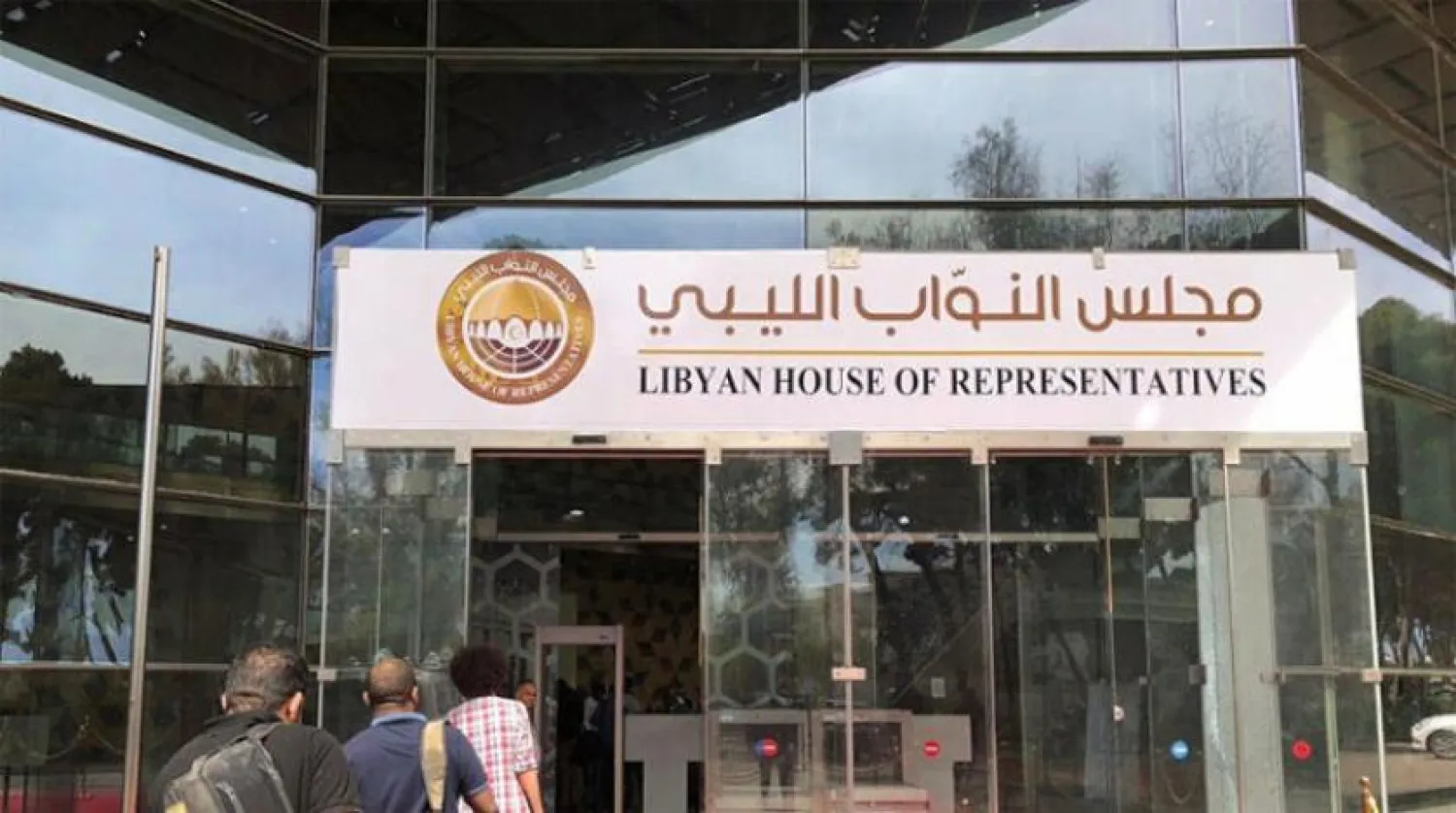Libyan lawmakers have been vocal about their doubts regarding a UN-sponsored political dialogue to be held in Geneva next month, mistrusting intentions for forming a national unity government.
The parliamentarians pledged they would topple the next government if they deemed it illegitimate.
“The UN mission intends to selectively expand the dialogue committee by adding more personalities, without clear criteria for how this selection is made, or who these figures represent, or how will the results of its work be approved,” the centrist bloc at the eastern-based parliament said.
“Such actions by the mission have stirred doubts and raised suspicions towards the sincerity behind forming a national unity cabinet away from international influence,” the bloc added in a statement.
If the UN mission goes forth with adding figures to the dialogue without national consensus, it would have explicitly violated Security Council resolutions, the political agreement and the outcomes of the national dialogue held in Berlin.
“It would be considered a transgression of its powers and a blatant interference that would not serve the interest of the nation,” the bloc said.
Doubts shrouding the political process are present despite the UN Support Mission in Libya (UNSMIL) confirming that it is not responsible about selection roasters leaked and circulated within Libyan circles.
Everything circulated by the media about lists of participants is incorrect, the Deputy Spokesperson at UNSMIL Jean Al Alam asserted, adding that so long the names have not been verified by UNSMIL or published on the mission’s official website or official pages on social media, they remain unsupported.
House of Representatives member for Tarhuna Abu Bakr Ahmed Said, speaking about international and regional mobilization on the Libya crisis, said he believes that all meetings aim at settling a power-sharing agreement, imposing foreign agendas and keeping the same elites in power.









